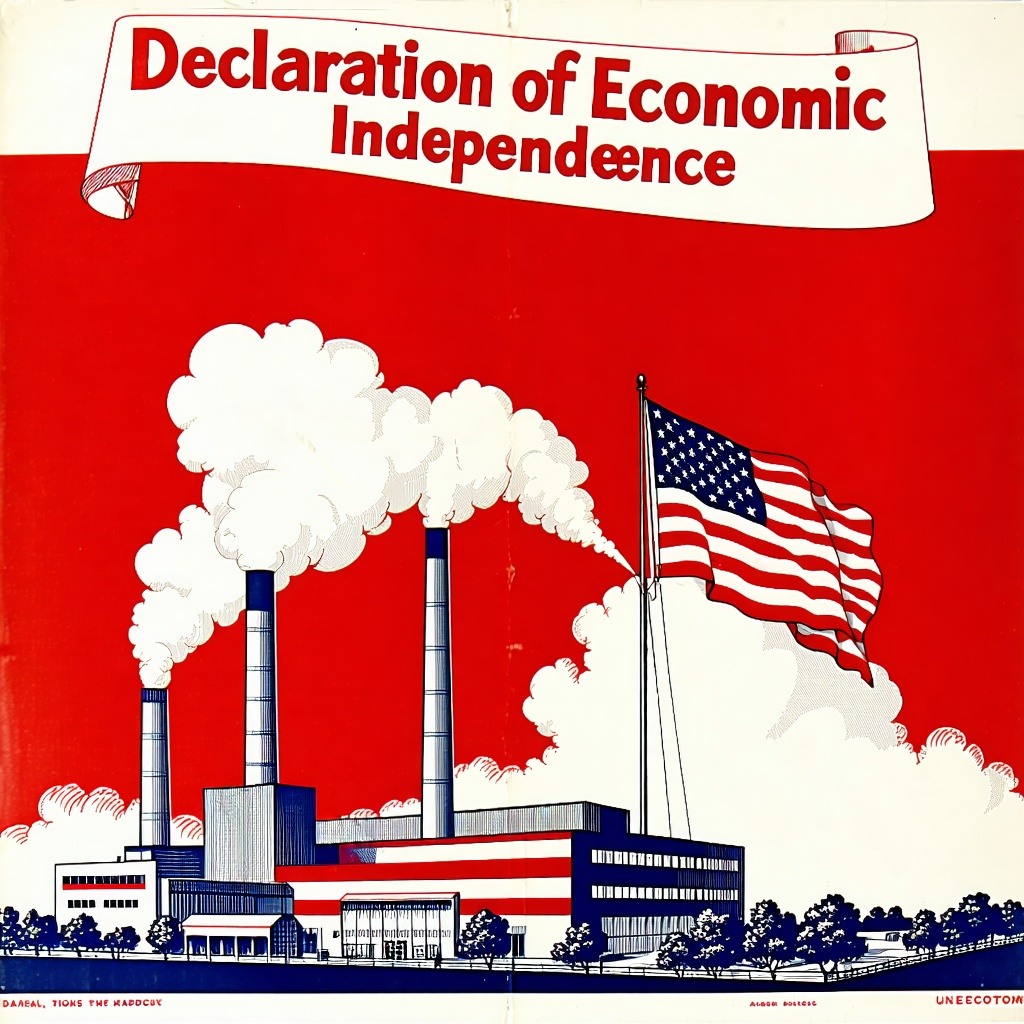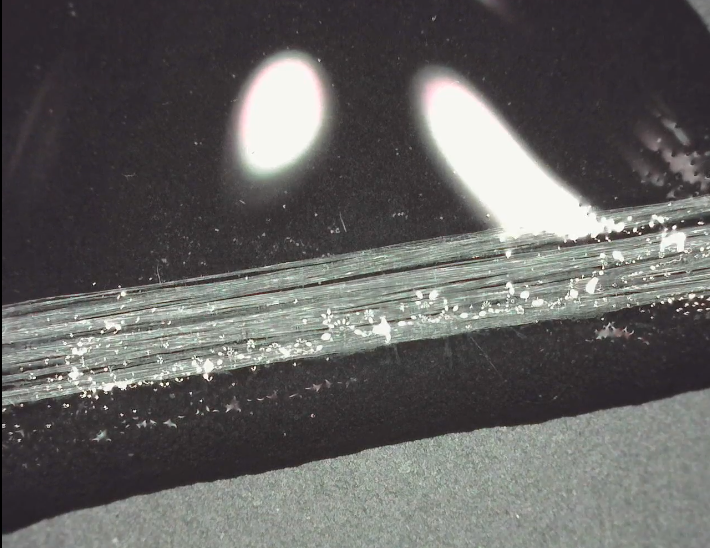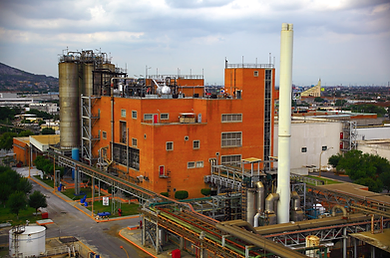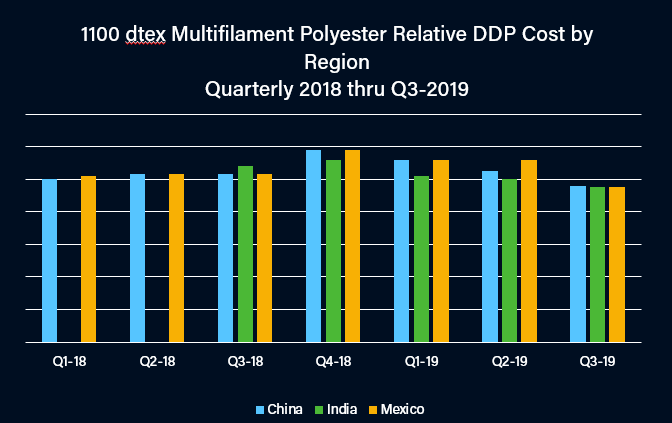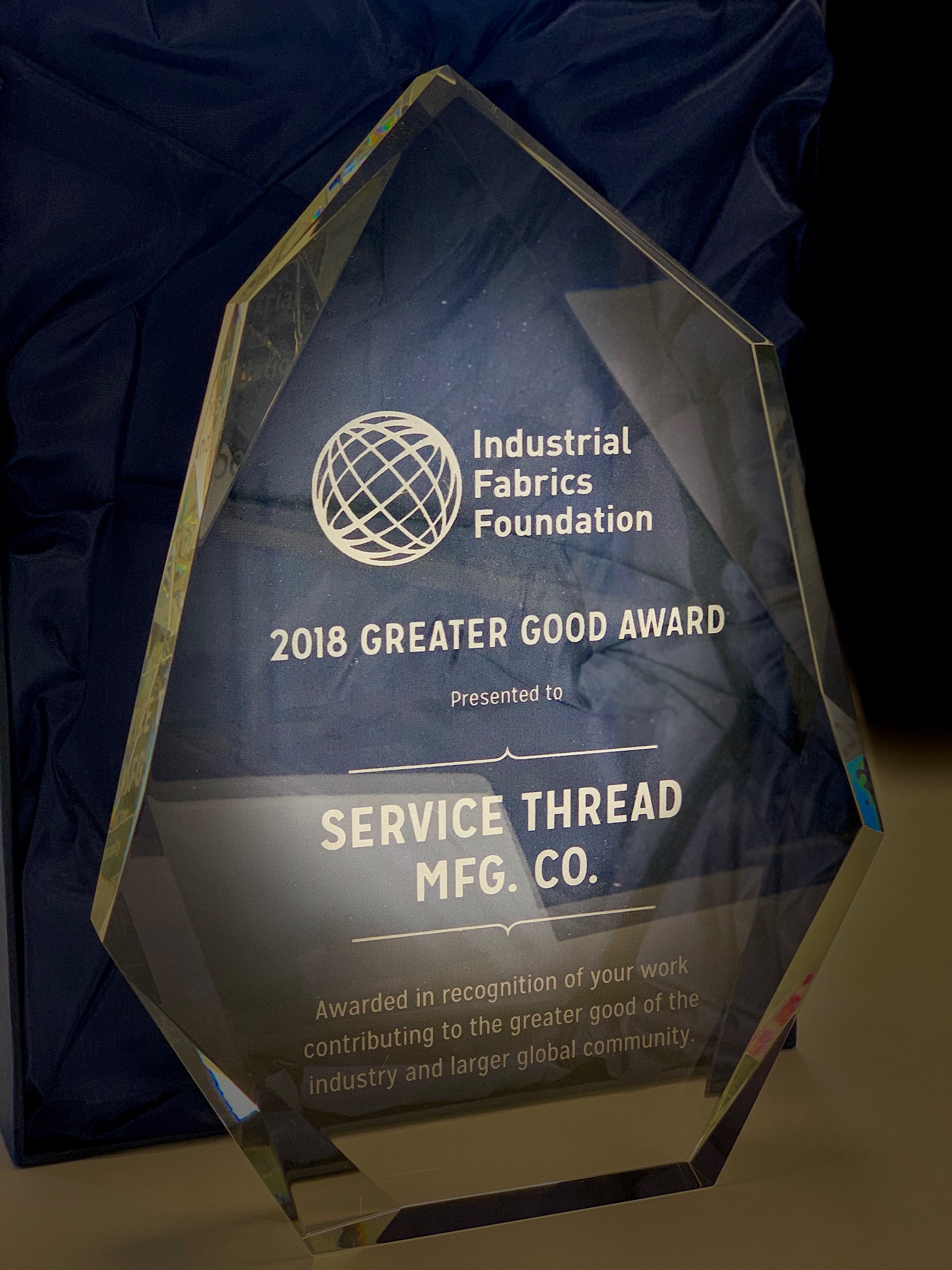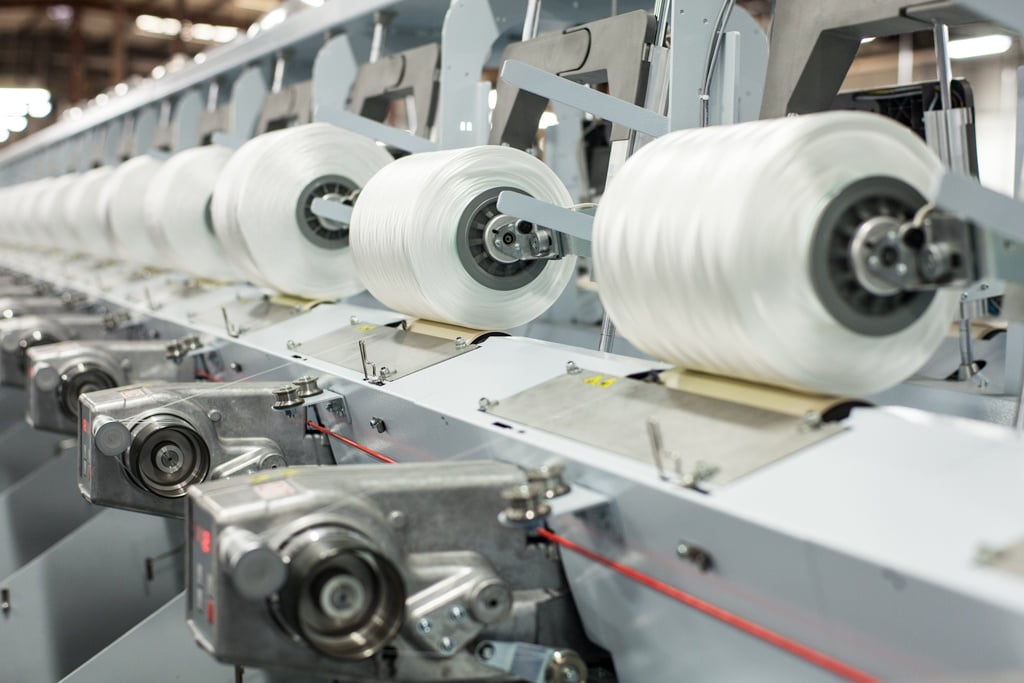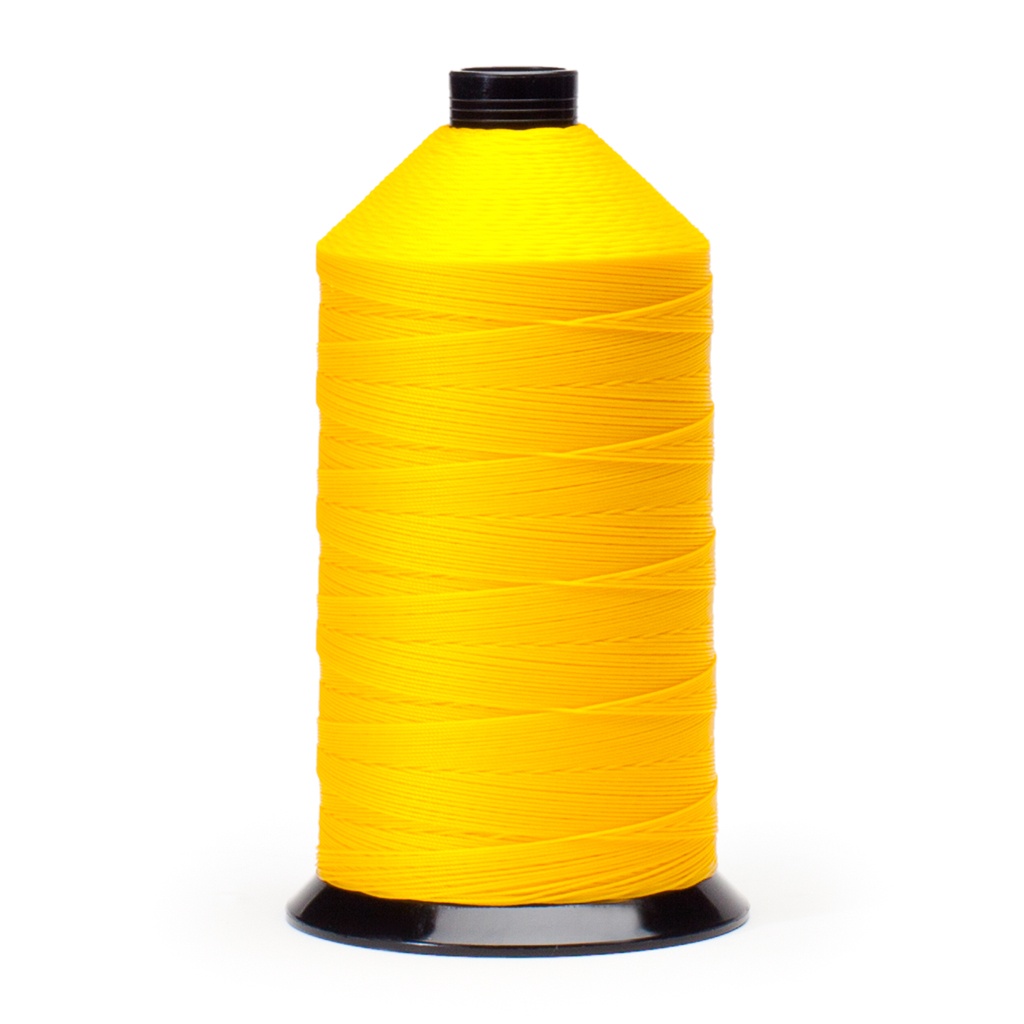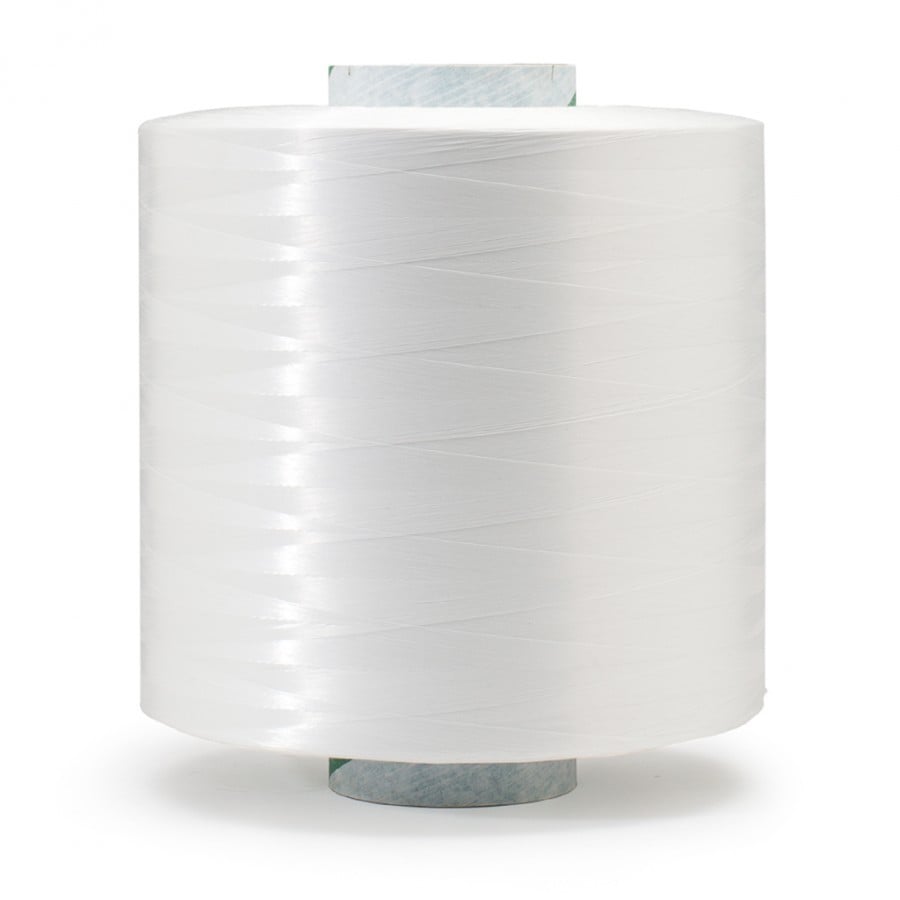The U.S. government is introducing “reciprocal tariffs” on imported goods, and these will roll out in three key stages:
Phase 1 – Universal Tariff Effective April 5, 2025
-
Start Time: 12:01 a.m. Eastern Daylight Time (EDT), April 5, 2025.
-
Tariff Rate: A 10% tariff will be applied to most imported goods entering the U.S.
-
Applies To: Most countries and most products, except those specifically excluded.
-
Exemptions:



